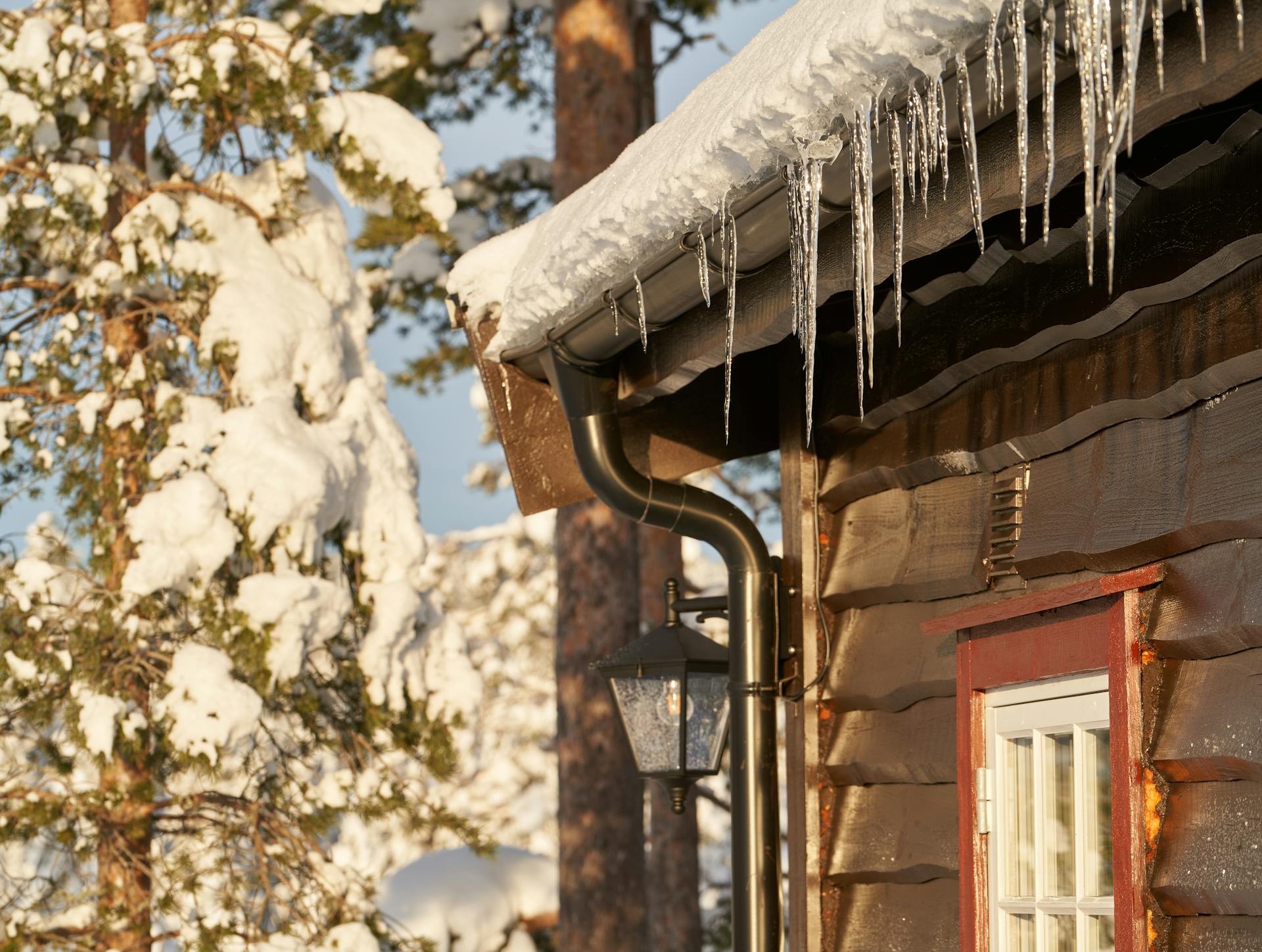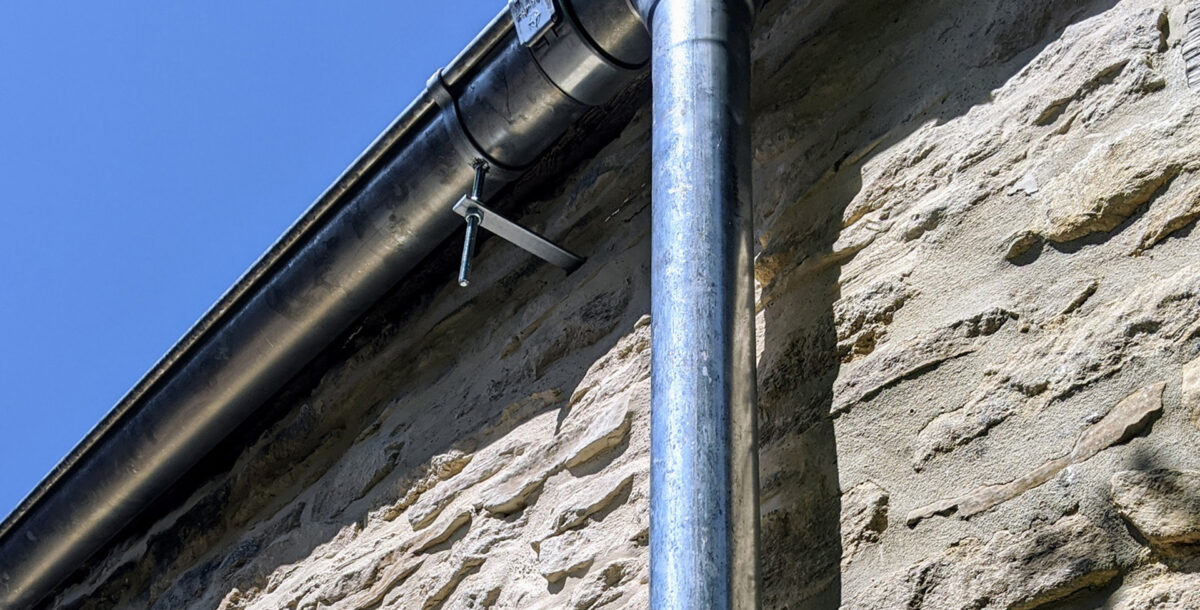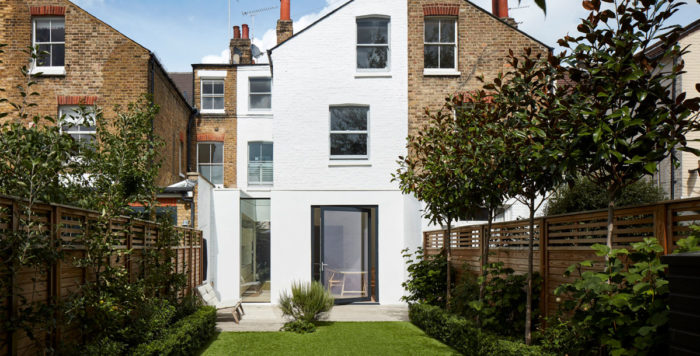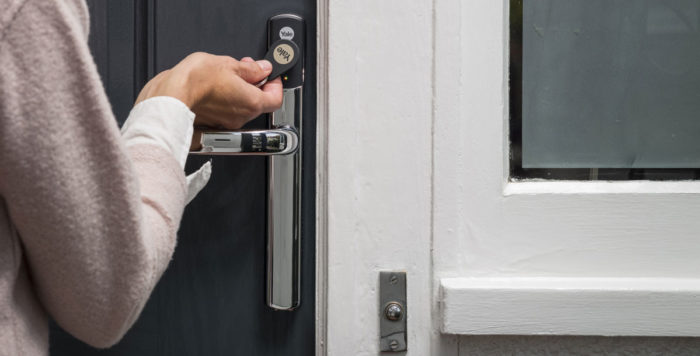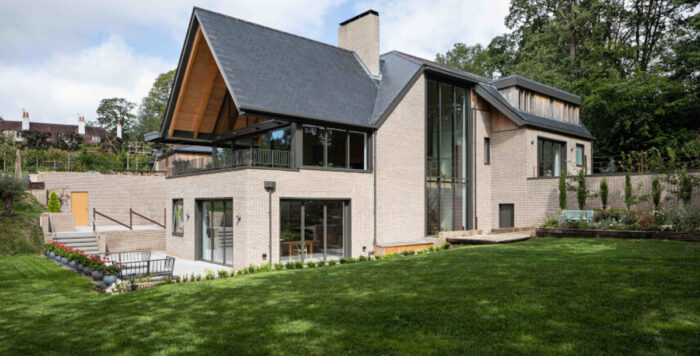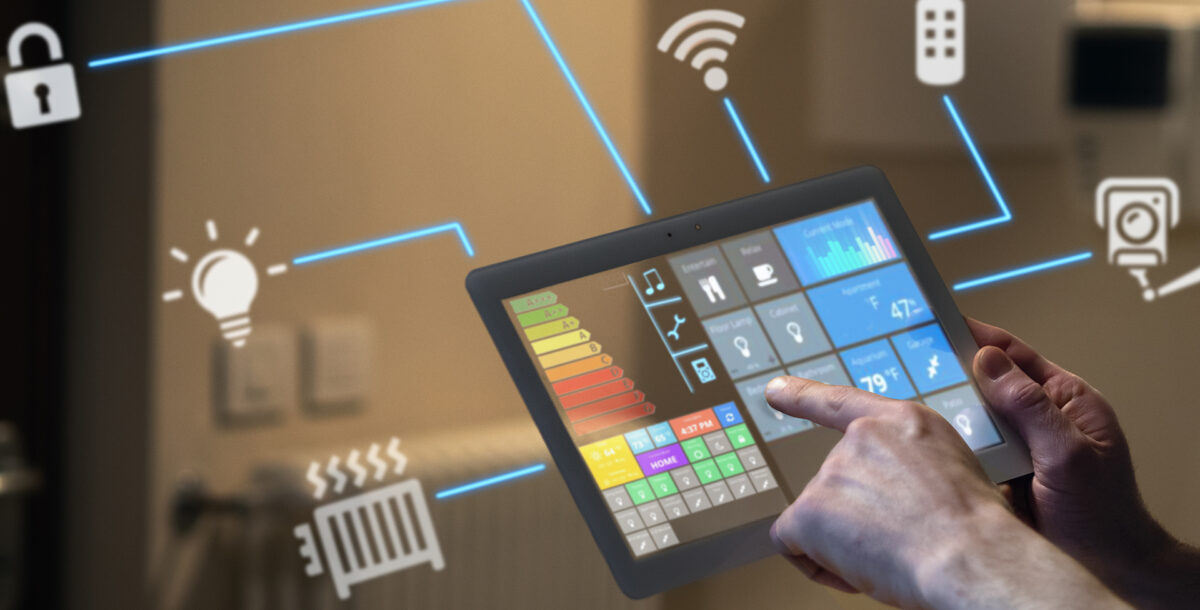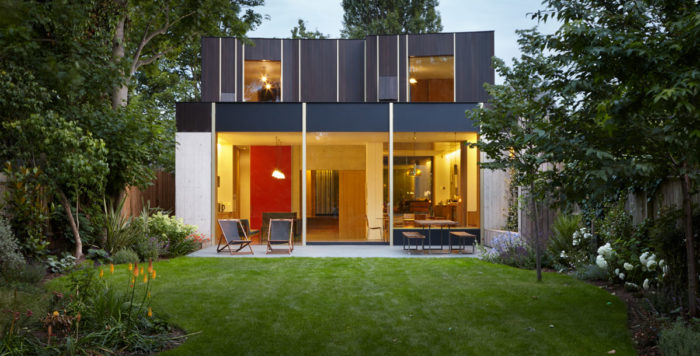Do heat pumps work in cold weather?
As temperatures fall, anyone considering buying a heat pump shouldn't worry that they won't be able to heat their homes.
The short answer to the question ‘Do heat pumps work in cold weather?’ is ‘Yes’. But the truth is slightly more nuanced, and heat pumps will not be as efficient, particularly when it’s very cold.
The two main kinds of heat pumps in the UK are air-source and ground-source. Air-source pumps sit in the open air and use a fan and heat exchanger to collect energy from the air, while heat-source pumps are connected to a pipe running underground that harvests energy from the earth. The differences in how these heat pumps work define how efficient they are throughout the year.
Air-source pumps
Air-source heat pumps work by taking air from outside and passing it over a liquid refrigerant. Heat from the air causes the refrigerant to turn into a gas, which is then compressed, creating heat that is transferred to water (or air) to warm your house. That gas is then passed through an expansion valve, which causes it to turn back into a liquid, and the cycle continues.
Given that the refrigerant needs very little heat to turn it from a liquid into a gas, heat pumps will continue to work even if it gets very cold outside, although at reduced efficiency.
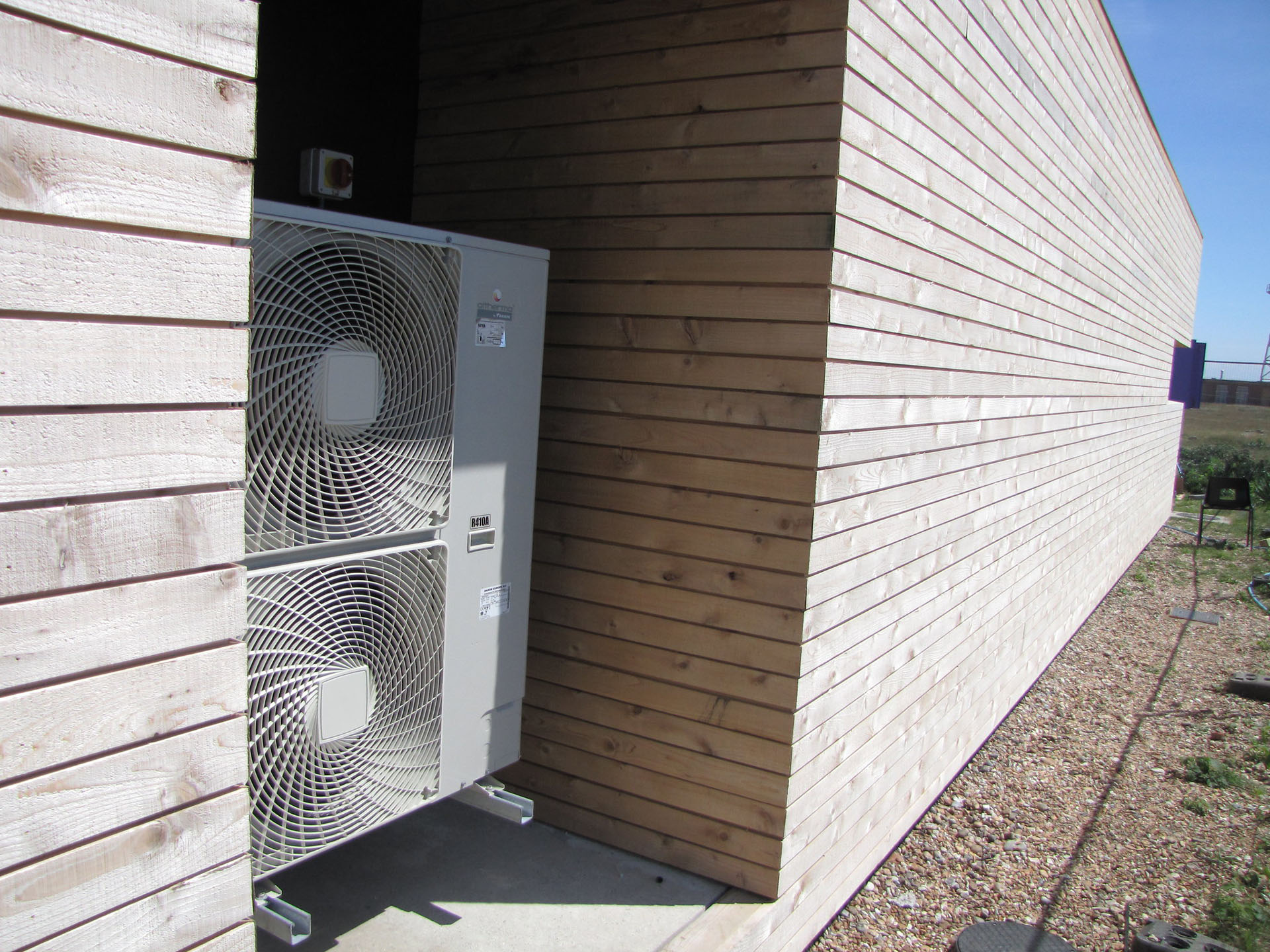
Image credit: 51% Studios Architecture
Reduced efficiency
Today’s heat pumps can cope with cold temperatures. Most of them will keep working down to about -10°C, and some to -25°C. But, as it gets colder, the efficiency of an air-source heat pump will decrease as more is required to collect the heat from outside. This means that a heat pump will cost more to run in cold weather than in hot weather.
Generally though, heat pumps are very efficient, generating three to five times the energy they use to run. Below freezing point, this will fall to two times the energy. But that is still at least twice as efficient as a gas or electric heating system.
Coefficient of performance
A heat pump’s coefficient of performance (COP) is a measure of the energy input versus the energy output. A heat pump with a COP of 3, would output 3kW of heat for 1kW of input electricity. As the temperature drops, so does the COP of performance. To cater for this, heat pumps come with a seasonal coefficient of performance (SCOP) rating, which is an average COP taken over a standard heating period. The higher the SCOP, the better. We used the average SCOP, to work out how much a heat pump costs to run.
Ground-source pumps
Ground-source heat pumps work in a similar way to air source heat pumps, only they use a run of plastic pipes buried a few metres under the ground. These pipes are filled with refrigerant or a mixture of water and anti-freeze, which is pumped around collecting heat. The mixture is then compressed to extract the heat, before the cycle starts again. As ground temperatures are pretty constant between 7°C and 10°C all-year round, there’s little change in a ground-source heat pump’s efficiency throughout the year.
The same is generally true for water-source heat pumps, although they’re a lot less common as houses need to be close enough to a suitable source of water to work.
Colder areas
If you live in a particularly cold part of the country, it might be better to choose a ground-source heat pump, although they do cost more to install because of the excavations required to bury the heat collectors.
Alternatively, if your house is large and not particularly well insulated, you could go for a hybrid system, with both a heat pump plus gas, oil or LPG boiler. The boiler could give you an extra boost of heat when it’s really cold.
Smart hybrid systems can even be programmed with current gas and electricity prices and off-peak tariffs, and the system then works out when it’s cheapest to run the heat pump and when to use the boiler and automatically switches to the cheaper option at the right time. But paying for both a boiler and a heat pump is an expensive upfront investment, and there are no grants available for hybrid systems, where as there’s a a £7,5000 grant via the boiler upgrade scheme for regular heat pumps. Plus, of course, continuing to run a fossil-fuel-powered boiler isn’t ideal if you are trying to reduce your carbon footprint.
There are other specialist heat-pump solutions that might work for you, such as a cascade system (which involves using two different heat pumps) or a high-temperature heat pump. The key thing is getting good advice from a qualified installer who knows their stuff.
Jon Bonnar from Cotswold Energy says: “Heat pumps can be installed in any domestic property – no matter its type or age – in the UK. This was confirmed by a recent Energy Savings Trust study, which attempted to install a total of 742 heat pumps across a wide range of house types, reflecting all the different properties across the country.
“The project successfully installed heat pumps into every single type and age of property targeted, including semis, terraces and even early 20th-century detached homes. One thing to remember is that the efficiency of a heat pump (and, therefore, how much money you’ll save long-term) will depend on how well-insulated your home is.”
Preventing problems
If you already have a heat pump, do insulate any exposed pipes, and get your pump serviced every year. You can buy or build a shelter to protect your pump from the elements, but any cover you use needs to allow for good airflow around the pump. If you are installing a pump on the ground in a spot where you think it might be at risk of flooding or deep snow, make sure it is raised sufficiently high off the ground. And make sure that the condensation has somewhere to drain away otherwise, it can freeze and become a slip hazard in cold weather.
The other important thing to remember is that heat pumps work best when they are left on all the time rather than being turned on and off frequently like a traditional gas boiler system. James Cunningham from Geo Green Power points out: ‘You need to ensure you maintain a steady temperature in your home when using a heat pump. If you allow your property to get cold you may struggle to increase the temperature back up to a comfortable level quickly, especially if the temperature outside is very cold. The system will of course increase the temperature back to the desired level, however, if you want to speed up the process, we’d just recommend having some electric heaters on hand to boost the ambient temperature which your heat pump can then maintain.’
Frost and snow
Your heat pump should be able to cope with frost and snow. It will have a defrost function that kicks in to warm it up and melt any ice that has formed on it. If your air-source pump does freeze up, that’s a sign something is wrong. Perhaps broken sensors, low refrigerant level, or something blocking the vents.
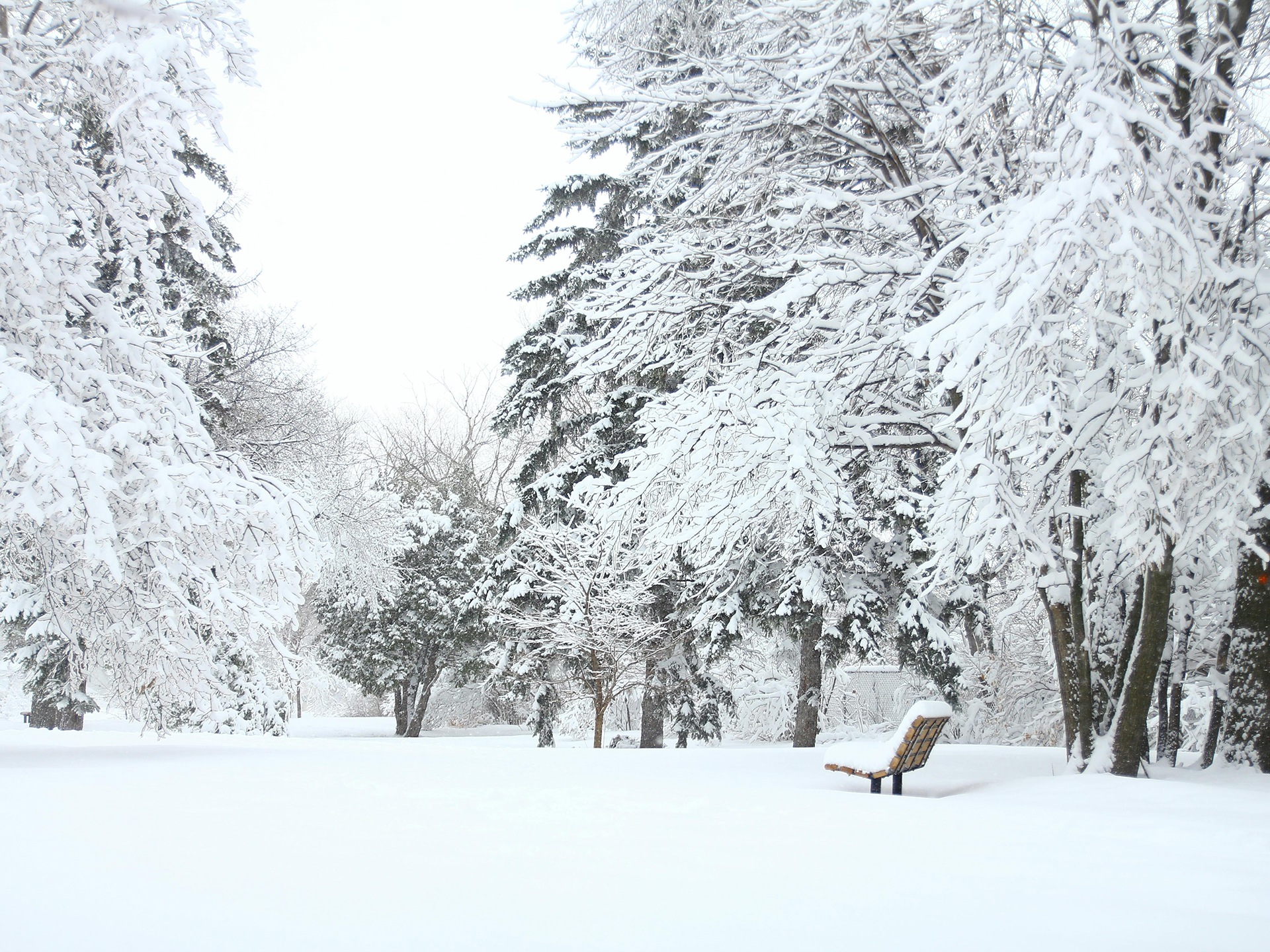
Image credit: Pexels Trang Pham
Get advice
The year-round success of your heat pump will depend on you having the right pump and system for your home and your needs, and on how well that system has been designed and installed. Heat pump installation is a complex business that requires lots of technical expertise. Use a MCS qualified installer. Shop around and get plenty of advice on what pump to install. The right one for you will depend on many things, including the size of your house, how well insulated it is, whether you have space for a ground-source heat pump, your local climate etc.
Each installer might only work with one or two brands of pump, so talk to several. And ask to talk to customers who have already had pumps installed. Think about getting a heat-loss survey done to check your home’s thermal performance. Use data from your smart thermometer if you have one to tell the installer how much energy you need to use currently to heat your house on the coldest days of the year. And check what range of temperatures any heat pump you are think of installing can cope with. The Heat Pump Federation has a excellent factsheet on how to choose a heat pump installer.
More good news
There’s some more good news if you are thinking of getting a heat pump. Chancellor Jeremy Hunt announced in his Autumn Statement that he wants to scrap the rule that pumps must be sited more than a metre from property boundaries.
Heat pumps can be installed under permitted development rights, but, at the moment, they must be sited more than a metre from neighbouring property, under a rule originally designed to assuage concerns about the noise of heat pumps operating. But well-installed modern pumps are very quiet, and the Chancellor is responding to this fact with his proposed change.

